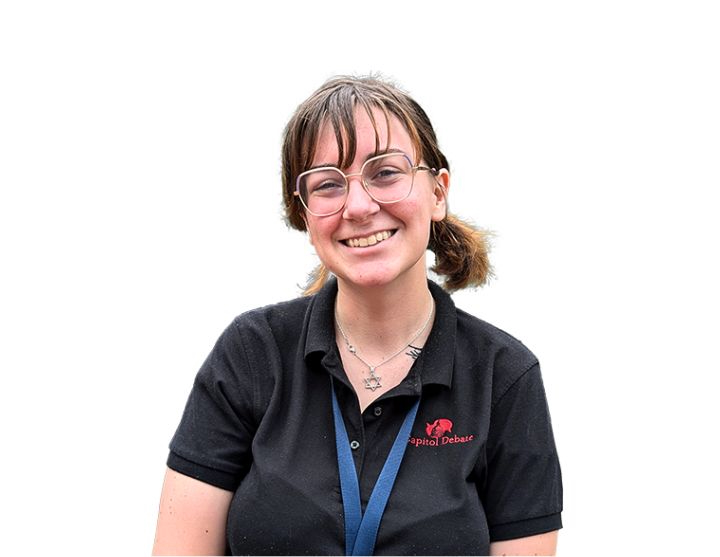Coaching Successful Debaters
Coaching Successful Debaters
Have you ever looked at a winning team and wondered how they got there? Being a successful debate team goes further than great speakers or strong arguments. They need team community, support, and leadership, and it all starts with the coach. There is no one-size-fits-all in coaching styles. Each team has different needs, and each coach should be able to pivot and find the best fit for their students. To do this, they need to know their debaters and what works best for them as a team.
To understand the relationships between the two, we first need to look at the most successful coaching style, as well as the least successful, using a study by Kevin Jones with help from Dr. Cathy Houston-Wilson from the College at Brockport, State University of New York. This study followed multiple teams, using articles as well as surveys, and compared coaching style to success.
In their research, A democratic style of coaching has the highest percentage of team cohesion and success. This style is heavy on collaboration between coach and teammates, allowing their choices to play a larger role in their team's success. This style also aims for higher accountability in their own performance as well as accountability for the entire team.
On the other hand, an autocratic style doesn't allow for student and coach cohesion. As the coach in this situation calls the shots and does not take input from students. This will most often create a disconnect between teammates and the coach. It does not allow the team to fully bond or create an inclusive community.
Though it is not just about their successes, but also the relationships they have with their coach. Frontiers for Young Minds states, “They rely on their coaches for their expertise, guidance, and their judgment about selection for competitions, team, and matches. Coaches play other important roles too: they can be mentors and motivators, and they can provide a shoulder to cry on.”
Clara Hughes, a six-time Olympic medalist, talks more about how her coaching staff helped her earn gold medals in both Winter and Summer games. She explained that her coach's knowledge and support helped push her to the next level, while also being her biggest supporter. Clara states, “Her (coach’s) ability to articulate technique is incredible, and she has a big heart. I never feel alone. I share my successes with her.”
When a competitor trusts a coach, they welcome the coach's feedback and look to their coach as someone they can turn to in a competition. Their coach becomes their source of inspiration, their driving force, and often a large part of their success behind the scenes.
Using this style of coaching within our classroom at Capitol Debate helps our debaters continue to strive for greatness. Using a democratic approach to coaching, paired with our holistic approach, we are able to not only break down debates but also build strong relationships within the team and community.


